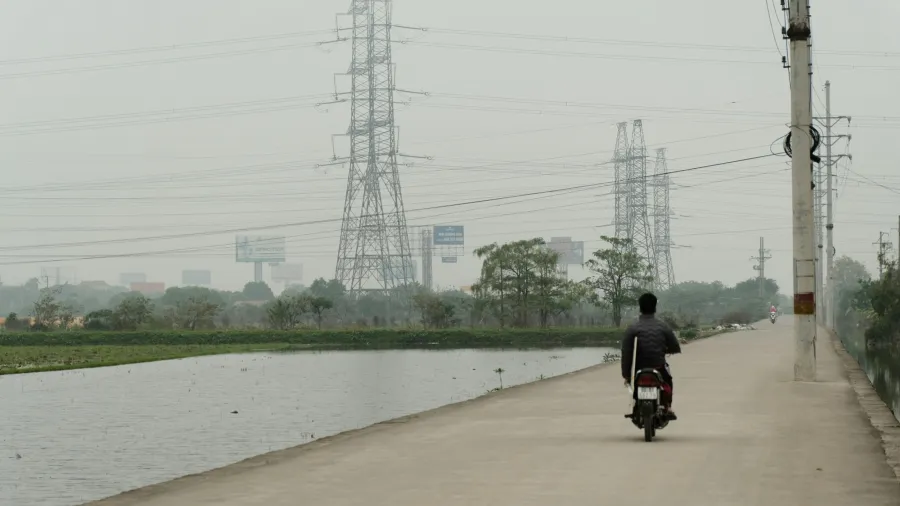
Vietnam’s total electric car fleet expected to grow by sevenfold after a decade: Fitch
Electric two-wheelers still dominate the EV race in the motorcycle-loving nation.
Vietnam’s overall fleet of passenger and commercial electric vehicles (EVs) could jump to nearly 400,000 units by 2033 from an estimated 54,505 units this year, according to BMI Research, a research unit of Fitch Solutions.
A BMI study dated 29 January showed the projected total EV fleet would represent roughly 3% of the country’s entire vehicle fleet in 2033.
Broken down, it projected sales of electric passenger cars to climb by 26% year-on-year this year or an average annual growth of 12.4% from 2024 through 2033. Such a rate of expansion will fuel passenger EV’s penetration rate to 13.8% by 2033 compared to the actual 2.9% market share in 2022.
BMI said the increased local production is expected to boost the passenger EV market’s expansion, together with the arrival of more affordable EVs from mainland China and its Southeast Asian neighbours.
The commercial EV segment, which includes buses and trucks, is projected to skyrocket by 195% year-on-year this year following an estimated 34% growth last year. Over the coming decade, BMI sees commercial EV sales jumping by an average of 50.7% annually to reach yearly sales of nearly 2,500 units by 2033, to account for around 3% of the entire commercial vehicle sales in the country that year.
It attributed the anticipated high growth to the government’s long-term push to electrify buses, with the country aiming for all of its new buses powered by either electricity or green energy by 2025.
READ MORE: Vietnam’s EV market seen growing 25.8% annually through 2032
Despite the fast-rising adoption of electric cars, BMI expects electric two-wheeled vehicles will lead the EV race in Vietnam due to the high motorcycle ownership in the country.
The state is also likely to ramp up support for the country’s charging infrastructure to help bolster EV adoption.
“We believe that local and national governments will move to support the development of Vietnam's passenger EV-focused charging network over 2024-2028 as local EV adoption continues and Vietnam's taxi fleets increasingly rely on EVs,” BMI said.
















